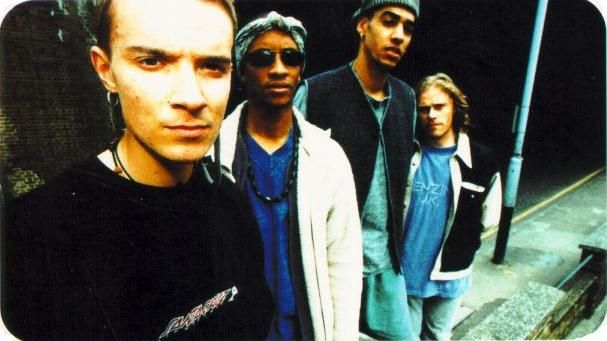

Moreover, she seemed to have her own unique songwriting style in place from the start. Although she later said she didn’t know what she was doing – “it didn’t come naturally and I didn’t have any belief in myself” – she contributed a handful of songs to their first two albums, 1968’s 40 Blue Fingers Freshly Packed and Ready to Serve and 1969’s OK Ken?, and sang lead vocals on their biggest hit, a lambent cover of Etta James’s I’d Rather Go Blind, on which she boldly declined to disguise her English accent. Her head turned by the music of Fats Domino, she had already played in a blues band at art college when one of its ex-members invited her to jack in her career as a window-dresser and join his new band, Chicken Shack, in 1967. It was a typically self-effacing comment that nevertheless told you a lot about the environment in which she first made her mark. When she won Melody Maker magazine’s female singer of the year award in 1969, she pointed out that she wasn’t exactly overburdened with competition: “There was really only Julie Driscoll, Sandy Denny and me at that point – there were no other women.”Ĭhristine Perfect (as she then was) in 1968 with Chicken Shack. It must have taken some determination to establish yourself as a woman in the testosterone-heavy world of Britain’s late-60s blues revival, but Christine Perfect, as she was then, managed it. Behind the self-deprecation and the gorgeous tenderness of her vocals, she must have been quite steely. Perhaps it’s more accurate to say that McVie remained an oddly enigmatic character, even after decades in the spotlight. “It was never as melodramatic as Stevie and Lindsey,” she later reflected.

But still, the song suggested its author was possessed of a noticeably different temperament to the people who wrote Dreams or Go Your Own Way. You could argue that was easy for her to say, given that she wasn’t the one who had to stand on stage every night listening to their ex sing a paean to their new partner (McVie’s You Make Loving Fun). On 1977’s 45m-selling Rumours, while Nicks and her former partner Lindsey Buckingham wrote one entertainingly bitter song after another about their collapsed partnership, each heaping blame on the other, McVie came up with Don’t Stop, exhorting her ex-husband, bassist John McVie, to look on the bright side of their recent divorce. Somehow, she pulled off the not-inconsiderable feat of seeming to be at one remove from the band’s madness while in reality being in the thick of it.
MUSIC PRODIGY WARM UP MAC
She appeared to sail through the soap opera that was Fleetwood Mac in the mid- to late 70s – a broiling mass of failed personal relationships, cocaine-fulled egotism and excess – with such a degree of equanimity that Nicks took to calling her Mother Earth. She gave every impression of being unfailingly modest and understated while playing a vital role in one of the most successful rock bands in history, maintaining a remarkably clear-eyed view of their strengths and failings: she bluntly dismissed the last two albums she made with the band, 1990’s Behind the Mask and 1995’s Time, as “terrible”. It’s a sad story, but it somehow seems very Christine McVie. “I wanted to be in London I wanted to get to London,” Nicks lamented. A ccording to a handwritten note Stevie Nicks posted on social media on Wednesday, Christine McVie’s bandmates in Fleetwood Mac hadn’t even known she was ill until a few days before her death.


 0 kommentar(er)
0 kommentar(er)
